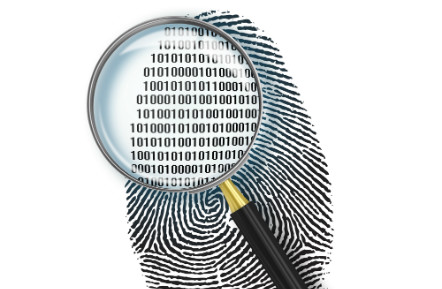In the context of Covid-19, electronic evidence has become increasingly important and makes the Council of Europe Guidelines on electronic evidence in civil and administrative proceedings (2019), particularly relevant for national courts when, more than ever, it is necessary to have the use of special tools to process and manage electronic evidence in an appropriate and secure manner, including electronic signatures.
See also the 'news' on the CEELI Institute in Prague where the Council of Europe guidelines on electronic evidence were brought to the fore during the launch of a four-part webinar discussion series.




